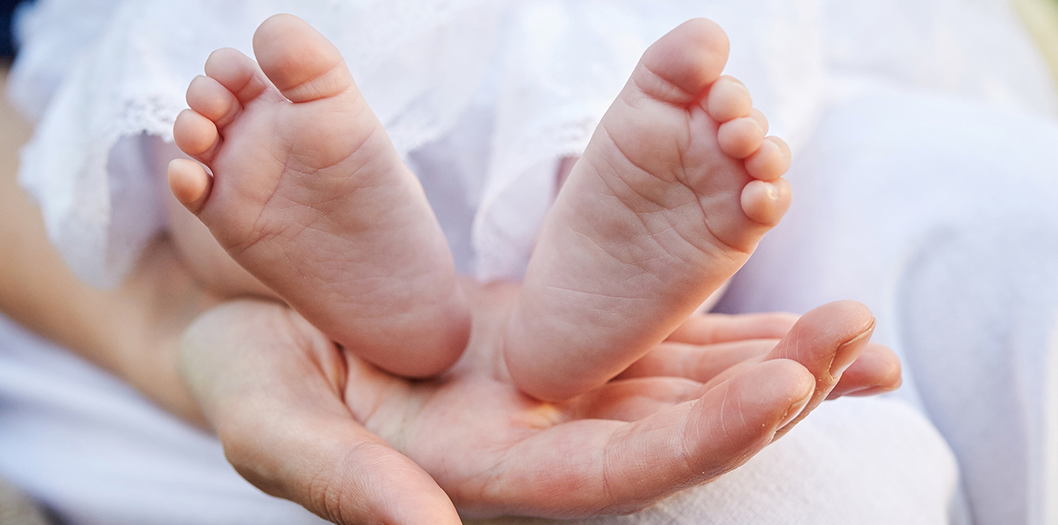
From your child’s birth though the age of 3, your child is undergoing rapid and complex development changes (as are you!). Child development is unique to each child, and the age ranges for acquiring a skill can be quite large. Children develop at their own pace and in their own way, but some general guidelines can alert you to possible areas of concern.
By 12 Months
By 10‒12 months, your child should respond to his or her name, wave, engage in an interactive game such as “peek-a-boo,” stand, and begin to creep. He or she should also be saying one to two words, imitating sounds, and understand “no-no.”
12‒18 Months
Between 1 year and about 18 months, most children undergo some difficulties separating from their primary caregiver. This may happen even when your child is separating to the other parent, a familiar caregiver, and/or a grandparent that they previously enjoyed. At this time, your child will also become interested in their image in a mirror, be able to say several understandable words, begin to feed themselves, and start to creep up the stairs. You may also begin to see your child engaging in temper tantrums and purposefully doing the opposite of what you ask. If a sibling arrives in your home, you will see some resentment and regressive behaviors.
By 24 Months
By the age of 2, your child will be transitioning to one 1‒2 hour daily nap and be able to sleep through the night for 12 hours. He should be able to run and kick a ball, as well as stack 3‒5 blocks. She should have a vocabulary of approximately 200 words, be able to put two words together, and repeat much of what she hears.
2‒3 Years
Between the ages of 2‒3, your child will exhibit strong negative emotions and some aggressive behaviors. She will appear rigid, prefer routines, enjoy giving orders, be possessive about toys, and have a hard time making decisions. Your child may return to having difficulties separating from you, but he should be curious about the world and play alongside other children. Walking and running are now well developed, though they may still be clumsy. She will learn to jump, ride a tricycle, and use crayons. Your child is developing a sense of humor and enjoys playing tricks on you, but he will still have temper tantrums. She should be using short sentences and using language to communicate her wants and needs. It is not unusual for children at this age to stutter. Give them time to speak without correcting them, hurrying them, or telling them to “slow down,” and the stuttering should resolve without intervention.
Any concern you have regarding your child’s development should be taken seriously. Consult a child development specialist (pediatrician, psychologist, speech-language pathologist, etc.). Early intervention can prevent greater difficulties later in your child’s life.
Common reasons for seeking treatment:
- Behavioral problems such as excessive tantrums, aggression, or defiance
- Separation anxiety
- Developmental delays
- Adjustment issues
- Parenting concerns
- Pre-school concerns



